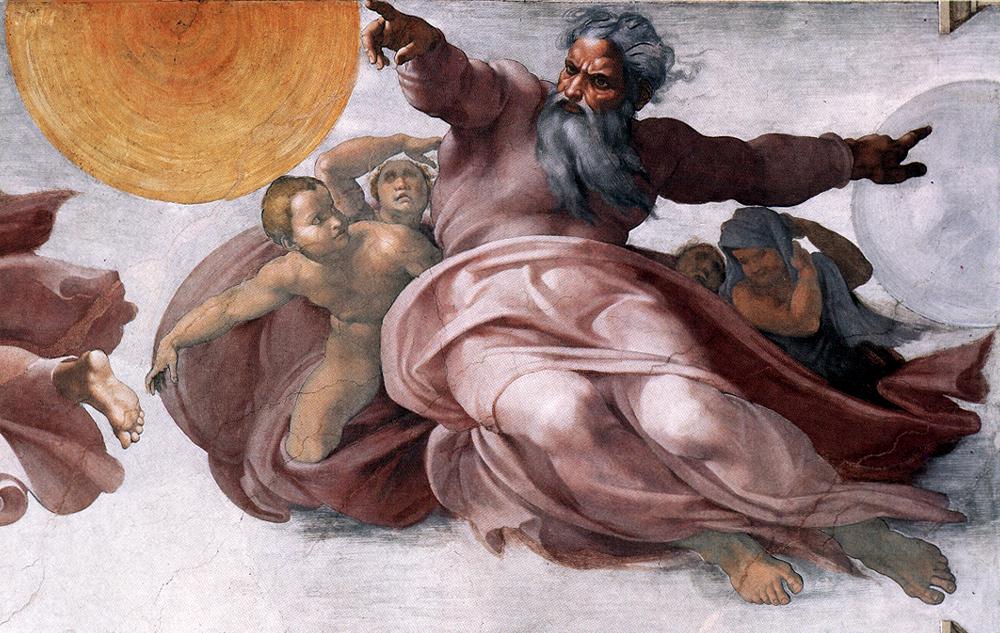Who Created God? Why the Question Doesn’t Work
One of the most common objections people raise against Christianity is the question, ‘If God created everything, then who created God?’ At first, it sounds clever—but it’s actually built on a misunderstanding. In this post, we’ll break down why the question doesn’t hold up, look at what the Bible says about God’s eternal nature, and use simple illustrations (like dominoes) to show why God doesn’t need a creator. This is a clear, easy-to-read explanation you can use in your own conversations about faith.
8/22/20252 min read


Who Created God? Clearing Up a Common Fallacy
One of the most popular questions people throw out when the topic of God comes up is this:
“If God created everything, then who created God?”
At first, it sounds like a slam-dunk objection. But once you stop and think about it, you realize it’s not actually a solid question—it’s based on a misunderstanding.
The Loaded Question Trick
Here’s a quick illustration: Imagine someone asks you, “Have you stopped robbing banks yet?”
No matter how you answer—“yes” or “no”—you’re in trouble. The question itself is flawed because it assumes you were robbing banks in the first place.
That’s the same problem with “Who created God?” It assumes something false right from the start—that God is a created being.
What Christians Actually Mean by “God”
When Christians talk about God, we’re not talking about a really big version of us. We’re talking about the eternal, uncreated Creator of everything else.
The Bible describes Him this way:
“Before the mountains were brought forth, or ever you had formed the earth and the world, from everlasting to everlasting you are God.”
(Psalm 90:2)
Notice that? God doesn’t start. He doesn’t come into being. He simply is.
In philosophy, this is sometimes called the “necessary being”—the one who must exist in order for anything else to exist.
An Illustration: The Domino Effect
Think of a long row of dominoes. Each one falls because the one before it fell. That’s cause and effect. But here’s the problem: if you never have a first domino tipped over, none of the others will ever fall.
In the same way, if there isn’t a first cause—someone or something that itself wasn’t caused—then nothing else could exist. God is that first cause. He doesn’t need a beginning because He’s the one who started the whole row of dominoes in the first place.
Why the Question Still Feels Tricky
I get it—our brains are wired to think in terms of beginnings. Everything in our experience has a cause: a child has parents, a house has builders, even the universe seems to have a starting point.
But God isn’t “everything else.” He’s in a different category. He exists outside of time, space, and matter—the very things that need a beginning. Asking “Who created God?” is like asking “What shape is blue?” The question just doesn’t fit.
Wrapping It Up
So next time you hear, “If God created everything, then who created God?” remember this:
The question assumes God is created, which is not what Christians mean by “God.”
The Bible makes it clear that God has always existed—from everlasting to everlasting.
Philosophically, there must be a first cause, or nothing else would exist.
God isn’t one more domino in the row—He’s the hand that pushed the very first one.